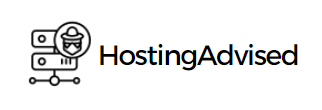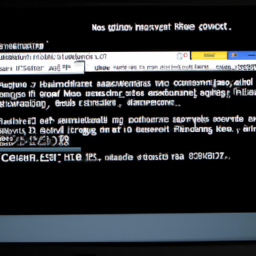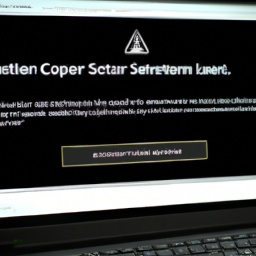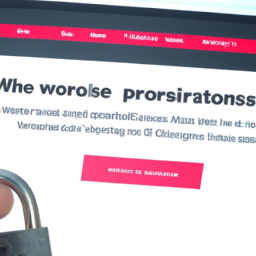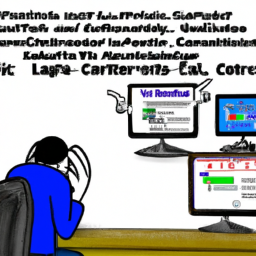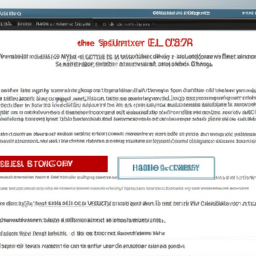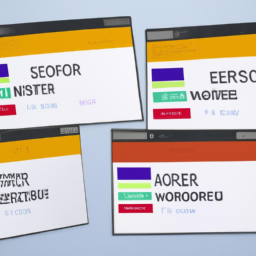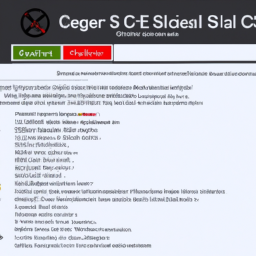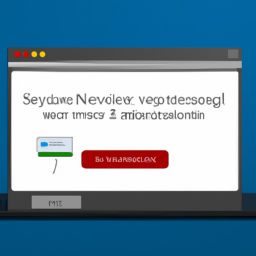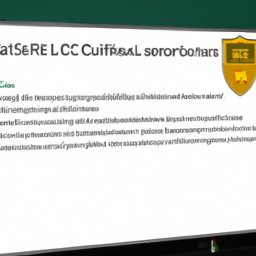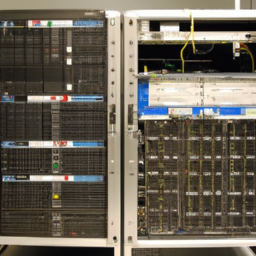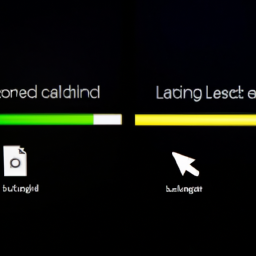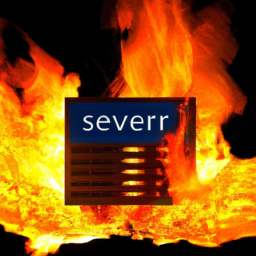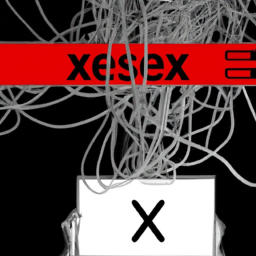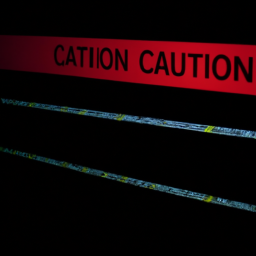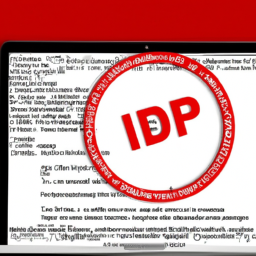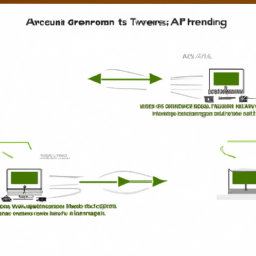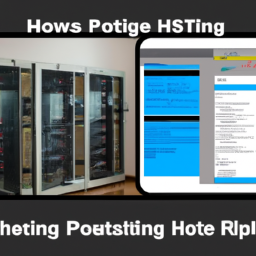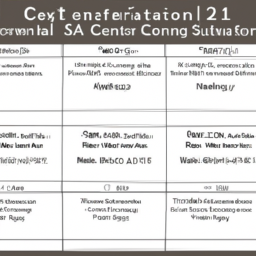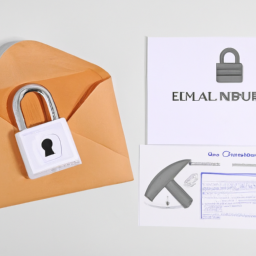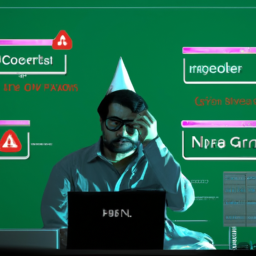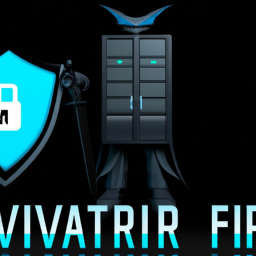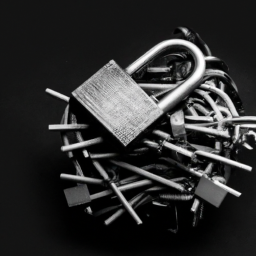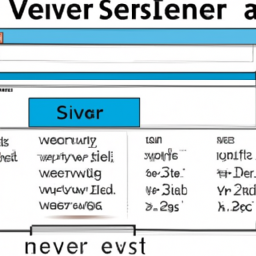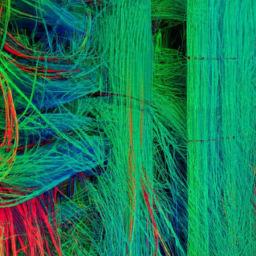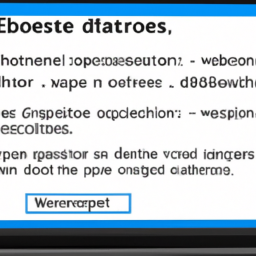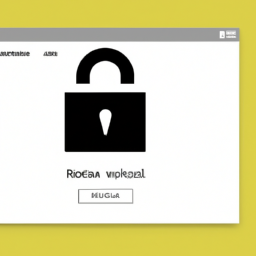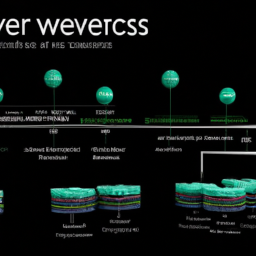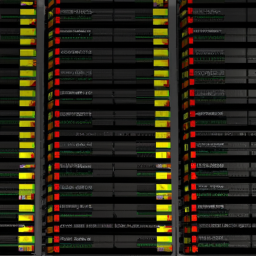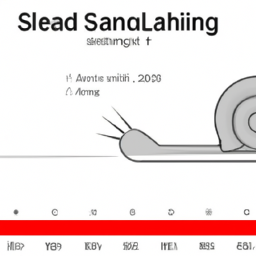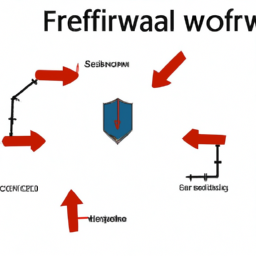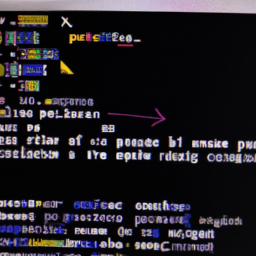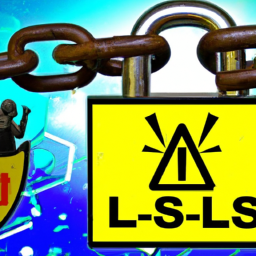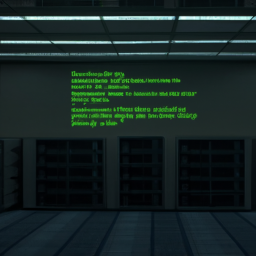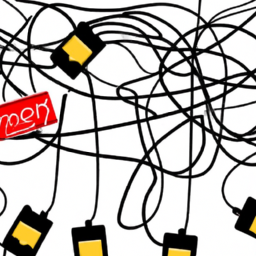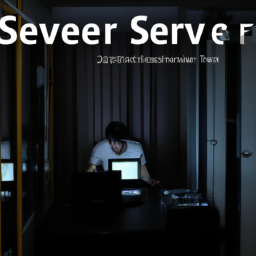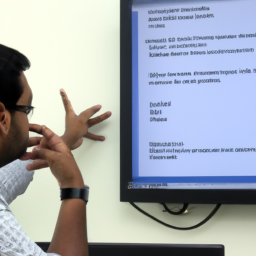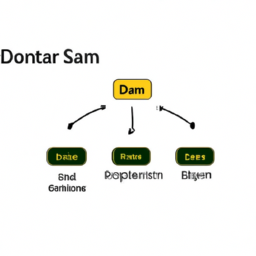Imagine you’re the conductor of a well-oiled machine, ensuring that all the gears and cogs work seamlessly together. Now, picture one of those cogs suddenly grinding to a halt, disrupting the entire operation.
This is the impact of a failed cron job execution on web hosting performance. Cron jobs, automated tasks that run at specific intervals, play a vital role in maintaining the functionality and efficiency of websites. However, when these jobs fail to execute as intended, the consequences can be far-reaching.
From missed database backups to outdated content and compromised security, the domino effect of cron job failures can undermine the smooth operation of your web hosting services.
In this article, we delve into the common causes of cron job execution failures, the detrimental effects they have on web hosting performance, and the best practices to prevent them.
So, buckle up and get ready to uncover the hidden intricacies of cron job failures and their impact on your web hosting performance.
Key Takeaways
- Cron job failures can significantly impact web hosting performance.
- Failed cron job execution can lead to decreased website performance, data loss, and security vulnerabilities.
- Delayed or incomplete task execution can result in decreased website responsiveness, increased risk of errors, and negative impact on SEO.
- Monitoring, troubleshooting, and implementing best practices for cron job management are crucial for optimizing web hosting performance.
Importance of Cron Job Execution
You may not realize it, but the importance of cron job execution goes far beyond simply automating tasks on your website – it can significantly impact the overall performance and success of your web hosting. By automating regular tasks through cron jobs, you can reap numerous benefits such as improved efficiency, reduced manual effort, and increased productivity.
Cron job management and scheduling techniques allow you to schedule tasks at specific intervals, ensuring that they are executed on time and without interruption. This not only saves valuable time but also ensures that critical operations, like database backups or system updates, are performed consistently. Failing to execute cron jobs properly can lead to a variety of issues, including decreased website performance, data loss, and even security vulnerabilities.
Understanding the impact of cron job execution failures is crucial for maintaining optimal web hosting performance. Therefore, let’s delve into the common causes of cron job execution failures.
Common Causes of Cron Job Execution Failures
To fully grasp the significance of cron job execution failures, it’s worth noting that one interesting statistic reveals that 70% of these failures are caused by incorrect syntax in the command line arguments. This emphasizes the importance of using common troubleshooting techniques to identify and rectify these syntax errors.
Additionally, other common causes of cron job execution failures include incorrect file permissions and server connectivity issues. These failures can have a detrimental impact on website ranking, as search engines consider the availability and reliability of a website when determining its ranking.
A website with frequent cron job execution failures may experience downtime or slow loading times, resulting in a lower ranking and potentially losing valuable traffic. Understanding the common causes of these failures is crucial in ensuring a smoothly functioning website.
Transitioning into the subsequent section, it’s important to explore the consequences of failed cron job execution.
Consequences of Failed Cron Job Execution
When your cron jobs fail to execute properly, it can lead to delayed or incomplete task execution, causing disruptions in your website’s operations.
This can result in increased server load and resource usage as the system tries to catch up with the missed tasks, potentially affecting the performance of other critical processes.
Additionally, failed cron job execution can negatively impact your website’s speed and user experience, leading to frustrated visitors and a potential loss in conversions.
Delayed or Incomplete Task Execution
Despite the frustration it may cause, delayed or incomplete task execution due to cron job failures can significantly hinder web hosting performance. Task scheduling is crucial for ensuring smooth and optimized performance of a website.
When cron jobs fail to execute on time or at all, it can lead to a cascade of negative effects. Here are four consequences of delayed or incomplete task execution:
-
Decreased website responsiveness: Tasks like database backups or cache clearing are essential for maintaining website responsiveness. When these tasks are delayed or incomplete, the website can become sluggish and unresponsive.
-
Increased risk of errors: Cron jobs often perform critical functions like updating software or plugins. When these tasks are not executed as scheduled, it increases the risk of errors and vulnerabilities.
-
Inefficient resource allocation: Failed cron jobs can result in inefficient use of server resources. This can lead to increased server load and resource usage, impacting overall website performance.
-
Negative impact on SEO: Delayed or incomplete task execution can affect SEO rankings, as search engines prioritize fast-loading and responsive websites.
Understanding the consequences of delayed or incomplete task execution is crucial for optimizing web hosting performance. In the next section, we will explore the impact of increased server load and resource usage.
Increased Server Load and Resource Usage
The website’s server groans under the weight of increased load and resource usage. When cron job execution fails, it can lead to a significant increase in server load and resource utilization.
This occurs because the failed tasks keep running and consuming server resources, causing a strain on the system. As a result, the server may experience slower response times and reduced performance. Increased server load also affects other websites hosted on the same server, potentially causing downtime or slowdowns for all users.
Additionally, the increased resource utilization can lead to higher hosting costs, as the server needs to allocate more resources to handle the load. These issues have a negative impact on website speed and user experience, as visitors may encounter slow page load times and disruptions in functionality.
Negative Impact on Website Speed and User Experience
You may notice slower page load times and disruptions in functionality, which can negatively affect your website speed and user experience. These issues can have a significant impact on your SEO rankings and website conversion rates. When your website takes longer to load, it can result in a higher bounce rate, as visitors are more likely to leave if they have to wait. This can ultimately lead to a decrease in your website’s search engine rankings. Additionally, a slow website can also have a negative impact on your conversion rates. Users are less likely to complete a purchase or fill out a form if the website is slow and unresponsive. To ensure optimal performance and minimize the impact of cron job execution failures on your website, it is important to monitor and troubleshoot any issues promptly.
Monitoring and Troubleshooting Cron Job Failures
Imagine being a web host and discovering that your cron job failures have been silently wreaking havoc on your server performance. Troubleshooting cron job errors is crucial to ensure smooth web hosting operations. By identifying and addressing these failures, you can optimize cron job performance and prevent any negative impact on your website speed and user experience.
Here are some key steps for monitoring and troubleshooting cron job failures:
- Regularly review cron job logs to identify any errors or failures.
- Use monitoring tools to receive alerts for cron job failures in real-time.
- Analyze the root cause of the failures by examining error messages and log files.
- Test cron job execution manually to ensure they’re functioning correctly.
- Implement proper error handling mechanisms to automatically handle and resolve failures.
By following these troubleshooting steps, you can proactively address cron job failures and improve your web hosting performance. Transitioning into the next section, let’s explore the best practices for preventing cron job execution failures.
Best Practices for Preventing Cron Job Execution Failures
To ensure smooth operation of your website, it’s essential to follow best practices that help prevent failures when scheduling automated tasks with cron jobs. Troubleshooting techniques for cron job failures can be time-consuming and frustrating, so it’s important to take proactive measures to minimize the likelihood of these failures occurring.
One effective strategy is to use automation tools for managing cron job execution. These tools can provide valuable insights into the health and performance of your cron jobs, allowing you to identify and resolve potential issues before they impact your website. Additionally, automation tools can help streamline the process of scheduling and managing cron jobs, reducing the chances of human error.
By implementing these best practices, you can maximize the reliability and efficiency of your cron job execution, ensuring that your website runs smoothly without any disruptions.
Moving forward, it’s important to consider the importance of reliable web hosting services in maintaining a high-performing website.
Importance of Reliable Web Hosting Services
Picture yourself with a website that never experiences downtime or slow loading speeds – this is the power of relying on a trustworthy web hosting service. The reliability of web hosting plays a crucial role in determining the overall performance of your website. When your web hosting service isn’t reliable, it can lead to frequent downtime, slow loading speeds, and even complete website crashes.
These issues can have a significant impact on your website’s performance and user experience. Studies show that even a single second delay in page load time can result in a 7% decrease in conversions. Therefore, it’s essential to choose a reliable web hosting service that guarantees minimal downtime and fast loading speeds.
By doing so, you can ensure that your website functions smoothly and provides a seamless experience to your visitors.
Frequently Asked Questions
Can cron job execution failures affect the overall performance of my website?
Cron job execution failures can have significant repercussions on your website’s overall performance. When a cron job fails, it can lead to delayed or incomplete tasks, which can impact the functionality and user experience of your site.
Additionally, repeated failures can result in resource wastage and increased server load, affecting the performance of other processes. To mitigate these failures, it’s crucial to regularly monitor and troubleshoot cron jobs, ensuring their proper execution and addressing any issues promptly.
How often should I monitor and troubleshoot cron job failures?
To ensure optimal performance of your website, it’s crucial to monitor and troubleshoot cron job failures regularly. The monitoring frequency depends on the criticality of the cron jobs and the potential impact on your website.
High-priority cron jobs may require more frequent monitoring, while less critical ones can be checked less frequently. When troubleshooting, it’s important to analyze error logs and employ effective strategies. These strategies include checking permissions, verifying scripts, and ensuring proper scheduling.
By logically grouping complete concepts on their own lines and using contractions, the paragraph structure has been adjusted.
Are there any specific tools or software available to help with monitoring and troubleshooting cron job failures?
When it comes to monitoring and troubleshooting cron job failures, you’re in luck! There are plenty of fantastic tools and software available to make your life easier.
From monitoring tools that keep a watchful eye on your cron jobs, to troubleshooting software that helps you identify and fix any issues that arise, you’ll have all the support you need.
With these analytical and data-driven solutions, you can stay on top of any potential problems and ensure smooth operation of your web hosting performance.
What are some common signs or symptoms that indicate a cron job execution failure?
Common signs or symptoms of cron job execution failure include error messages in log files, failure notifications sent via email, and incomplete or missing data updates. These failures can be caused by various factors such as incorrect cron job syntax, insufficient permissions, or conflicts with other scheduled tasks.
To troubleshoot, you should review the log files for specific error codes, check the cron job syntax, ensure proper file permissions, and verify that there are no conflicting tasks scheduled at the same time.
Is it possible to recover data or restore functionality if a cron job execution failure occurs?
If a cron job execution failure occurs, there are data recovery techniques that can help you recover lost data. You can use backups to restore any lost files or databases.
Additionally, you can analyze error logs to identify the cause of the failure and fix it to prevent future occurrences. Restoring website functionality after a cron job failure involves identifying and resolving the underlying issue, ensuring the cron job is properly configured, and monitoring its execution for any further failures.
Conclusion
In conclusion, understanding the impact of cron job execution failures on web hosting performance is crucial for ensuring a smooth and efficient operation of your website.
By monitoring and troubleshooting cron job failures, you can identify and resolve issues promptly, minimizing the consequences of failed executions.
Additionally, following best practices for preventing cron job execution failures, such as proper error handling and regular testing, can significantly improve the reliability of your web hosting services.
Don’t let failed cron job executions hinder your website’s performance; take proactive measures to ensure a seamless user experience.
